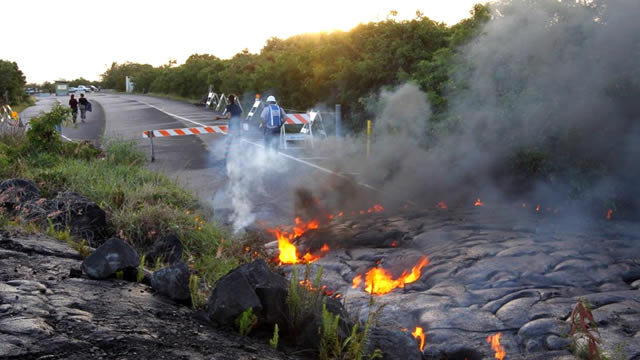Please Attack Me

The Air Force doesn’t want service members logging into Foursquare or Facebook Places. Earlier this month it circulated a message saying that the use of geolocation services—which keep track where users are—”can have devastating operations security and privacy implications.” If service members check in to these sites like these with GPS-enabled phones, they could give enemy forces a way to track troop movements.
As Caroline McCarthy points out, the military has cautioned troops about the use of social media before. The Defense Department even considered banning the use of social networking sites entirely. That would be hard to do, since they are increasingly valuable communication tools. But while social networking sites like Facebook and Twitter typically require users to opt-in to geolocation services, they make also have started to put users under increasing pressure to provide their locations. The truth is that it would be easy for a someone to carelessly give away their location without intending to.
The issue is the same for military personnel as it is for civilians, although the stakes are higher. While it may seem harmless enough to tell people where we are, broadcasting that information makes it available to people who might want to exploit it. That point was made by the controversial website Please Rob Me, which reposted geolocation information from sites like Foursquare while letting users know they had just informed potential burglars they weren’t home. For military personnel, logging on to some social networking services is tantamount to saying, “Please attack me.”





